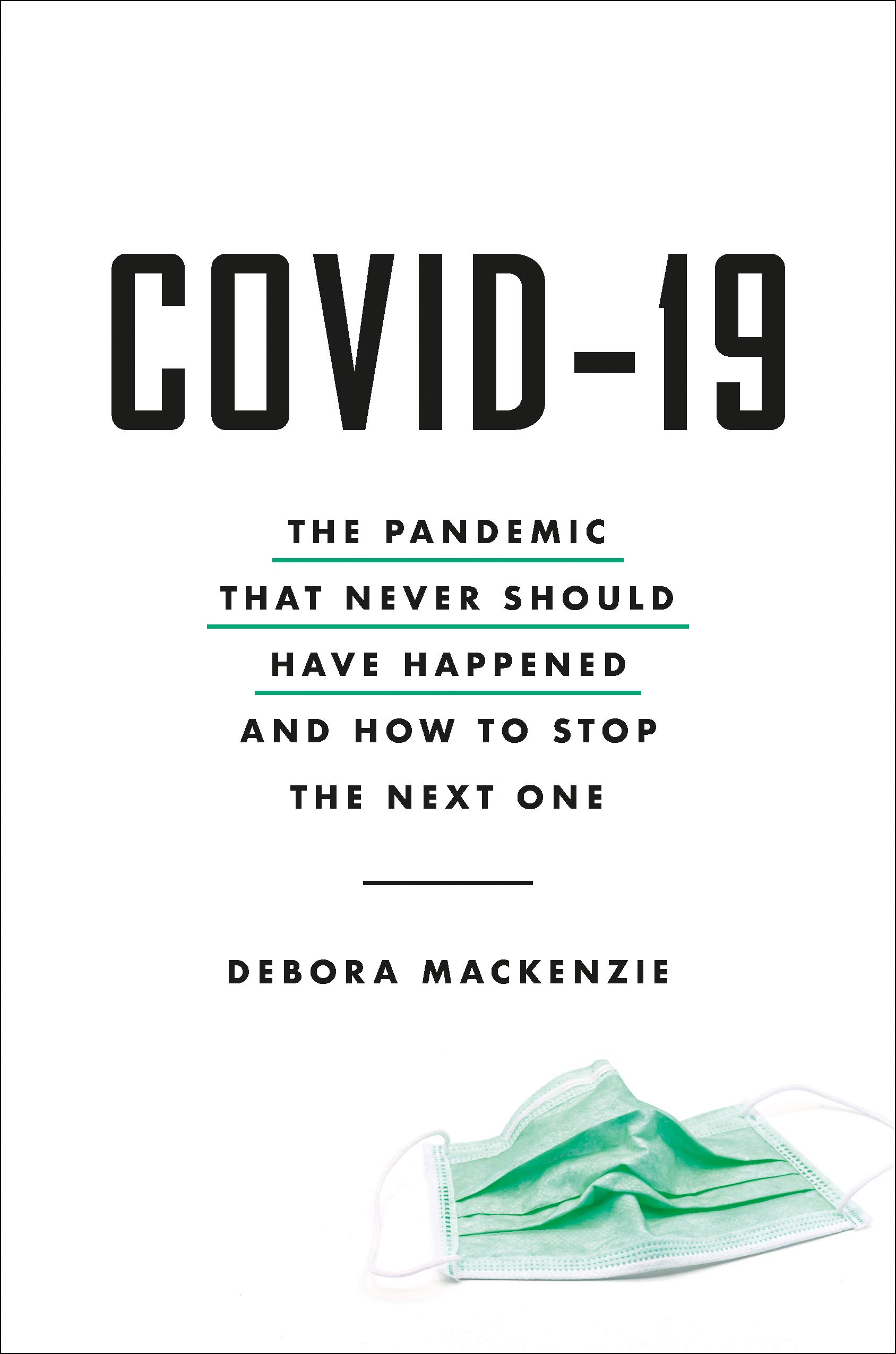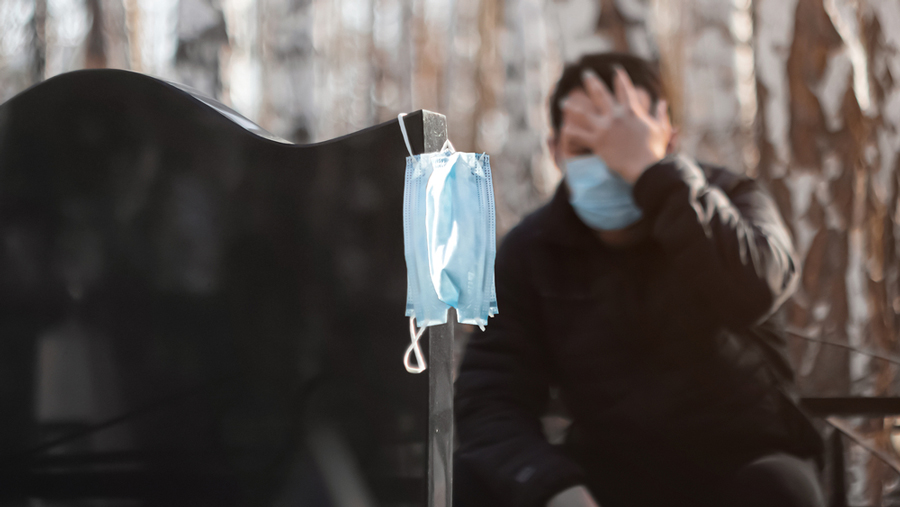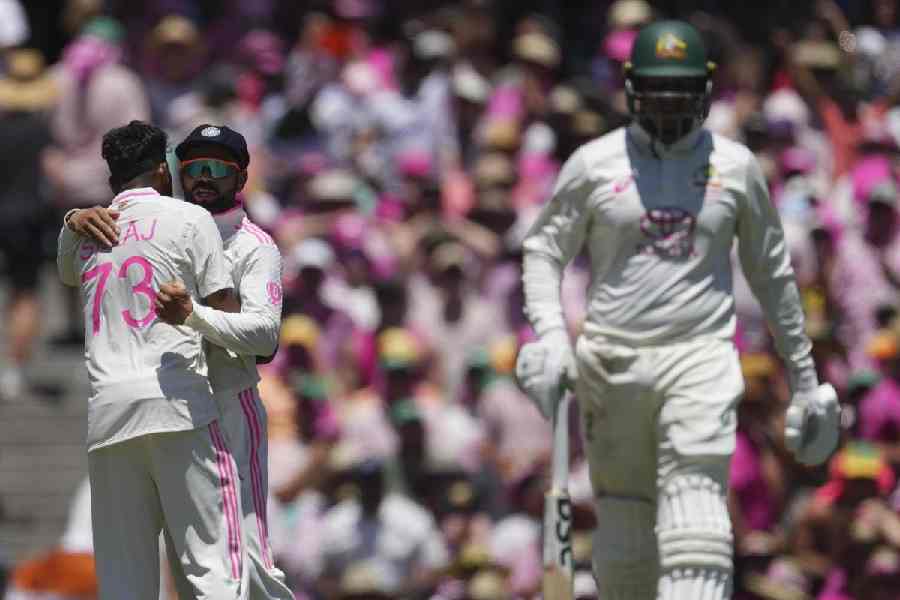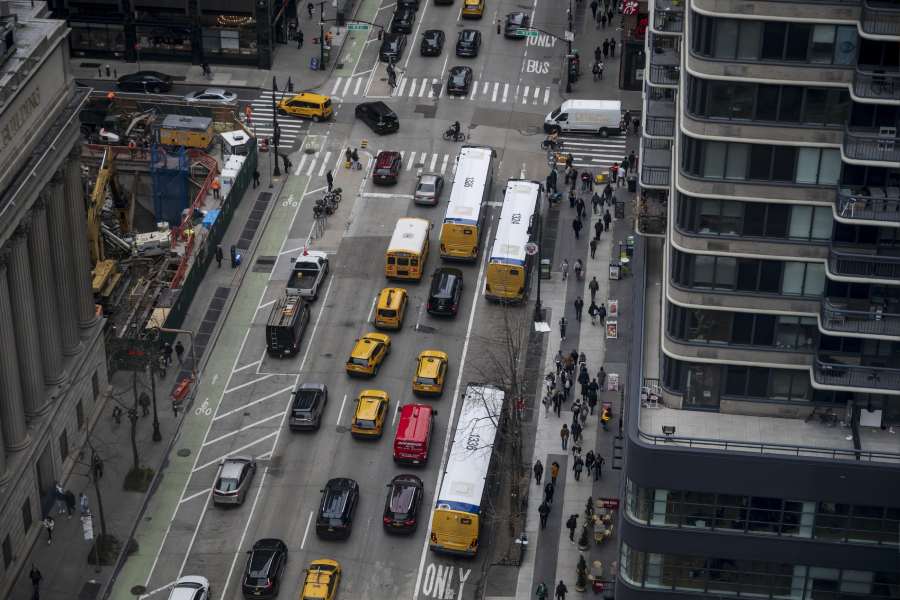BOOK: Covid-19: The Pandemic That Never Should Have Happened And How To Stop The Next One
AUTHOR: Debora MacKenzie
PUBLISHER: Hachette
PRICE: Rs 599
The first book on a still-evolving pandemic and the first vaccine against an infection might share a hazard — neither may be the best. While the world awaits an effective vaccine against the novel coronavirus, the earliest books on Covid-19 have come forth. And among them, Debora MacKenzie’s book might well be the most topical even as uncertainty about peaks and second waves grip the world. The book is less about the current pandemic than about the world’s failures to act on ample and multiple warnings from preceding epidemics from scientists who had over seven years ago pointed to the pandemic potential of the family of coronaviruses.
MacKenzie, a science-writer based in Europe and a contributor to New Scientist, argues that “governments failed to act” despite these warnings. The early part of the book describes the emergence of Covid-19 in Wuhan and the lack of actions by China that delayed critical and actionable information for the rest of the world. MacKenzie then takes readers through twists and turns ever since the Australian Nobel laureate, Frank Macfarlane Burnet, wrote in a 1972 infectious disease textbook: “The most likely forecast about the future of infectious diseases is that it will be very dull” — a line perhaps triggered by the victories scored over a myriad infections through antibiotics that MacKenzie calls a “smug whoop of victory”. But new microbes have continued to emerge over the decades — Ebola, Marburg, HIV, Nipah, Swine Flu, SARS, MERS, Zika and now SARS-CoV-2. She recalls an early warning from 28 years ago: the Institute of Medicine in the United States of America had warned about “the danger of emerging infectious diseases and the potential for devastating epidemic.” For good measure, the report even added: “[c]omplacency... can also constitute a major threat to health.”
Through such anecdotes and details, MacKenzie underlines the cautionary messages from the scientific community. She cites the work of the British zoologist, Peter Daszak, who has estimated that 335 novel microbes have hit humans since 1940, 60 per cent of them from animals, and 72 per cent, including Ebola and West Nile fever, from human contact with wildlife. The emergence of SARS in 2003 and MERS in 2012, MacKenzie argues, should have stirred urgent action to “prepare for coronavirus outbreaks. How many warnings did we need?”

Covid-19: The Pandemic That Never Should Have Happened And How To Stop The Next One by Debora MacKenzie, Hachette, Rs 599 Amazon
A fresh and even more direct warning did arrive. Seven years ago. Chinese scientists discovered a virus similar to SARS-CoV-2 in bats in 2013. Their work was confirmed by US researchers. The Chinese and American scientists had warned “this kind of virus could well cause a pandemic. And yet, no serious action of any kind was taken. It was no one’s job to do that. This is one of the things we need to change,” MacKenzie points out, and packs her final, largely prescriptive, chapter on how to prevent the next pandemic. She pitches for an authoritative global system so that no country conceals anything about a worrying outbreak, an improved global monitoring and surveillance system, among other initiatives, that are obvious and easy to preach but challenging to implement.
Although powerful in its arguments, much of the book disappointingly relies on an essay-style format that ‘tells’ readers what happened instead of ‘showing’ what took place. Readers familiar with Laurie Garrett’s The Coming Plague, a 1994 book on emerging infections, would notice the contrast. Garrett, a US-based journalist, had adopted a long-form narrative format, peppering her book with human characters, their motivations, and the impacts of their actions and decisions. But as MacKenzie concedes, she has produced what the trade would call a ‘crash book’ written quickly at a time of intense public interest in pandemics.











